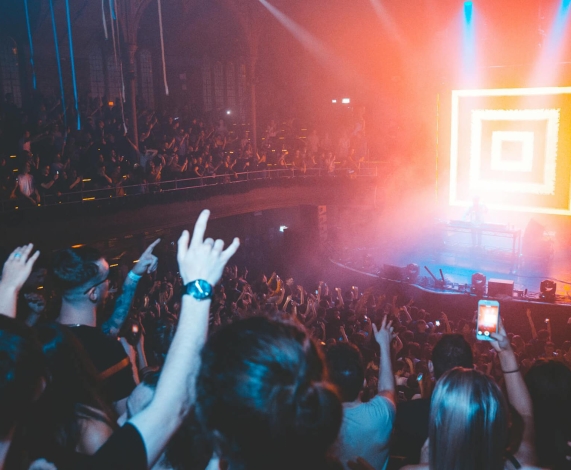In short, for those who don't know, Bing's ChatGPT and Google's Bard are AI-powered tools that generate information instantly in response to user queries. They are similar to Google's Instant Answers, which provides brief answers to user questions directly on the search results page. However, ChatGPT and Bard go a step further by providing more in-depth and natural language responses, generating essay-like or blog-like answers in seconds, potentially reducing the need for users to click through websites for information.



What Does the Impact Look Like, Quantified?
Ad revenue for publishers and websites has been declining for many years. Google has reduced income for websites by providing instant results through features like Featured Snippets, Knowledge Panels, and Instant Answers, as these allow users to find the information they need without clicking on a website. This has resulted in a decrease in website traffic and, as a result, a reduction in ad impressions and ad revenue for those websites. Online publishers such as Forbes, Wired, and Business Insiders responded by putting their content behind a paywall to monetize their most loyal readers.
To put into context how much ad revenue could be lost if ChatGPT-like searches become dominant, ads that appear on Google's Partner Network (web publications) are their second-biggest income source, representing 12.3% of their total income ($31.7 billion) in 2021. Of the 150+ billion search queries on Google in Q1 of 2019, only 41.45% of searches led to a click to a non-Google website. Almost half of the searches got resolved (users got the answer) without any clicking. As features like Instant Answers improve with AI, less and less traffic would be directed to non-Google sites like the online publications mentioned, thus reducing ad revenue for and from these partnered sites.
While this may seem like a conflict of interest for search engines, according to the Head of Microsoft Devices and Search, of the 10 billion search queries that happen on Bing, half of them go unanswered, meaning the sites are not providing information users are looking for. This could be drastically improved with AI chatbots, changing how we get information on the internet and thus sparking an AI race between the search engines.
Breaking Down the Limitations
This model may be better suited for search engines to ensure the accuracy and credibility of the information and allow further investigation of how the data is collected or measured. This limitation could be solved over time as the AI gets trained on more data and enable external data from credible sources to be cited.
As a result, with the limitations removed, we can soon expect a search experience that is more in-depth and tailored. Just imagine chatting with an experienced professor about Physics, and you can keep asking them questions without them getting tired or irritated.


The Bright Side, Benefits for Advertisers and Publishers
For advertisers, tools like DALL-E, an AI tool that creates images through prompts, it is not hard to imagine AI-created video ads that are personalized to a user's search history, location, and other factors. These AI-generated videos could also be trained to optimize for triggering emotions or purchasing impulses.
For publishers, AI tools could help them find new ways to create engaging content or streamline their workflow. For example, publishers could use a piece of writing and ask ChatGPT to convert them into video scripts, video shorts, Twitter threads, and such, thus saving them time and expanding their revenue source.
Key Takeaways
In the meantime, AI tools will not replace advertisers and publishers. For example, people asking ChatGPT to generate a marketing plan for their business will still need a base understanding of marketing tactics and strategies to know what would be effective and it gets even more complex when having to implement tactics.
With the potential for more personalized and efficient ads, the future of advertising looks bright, but the industry must adapt to this new technological shift.






